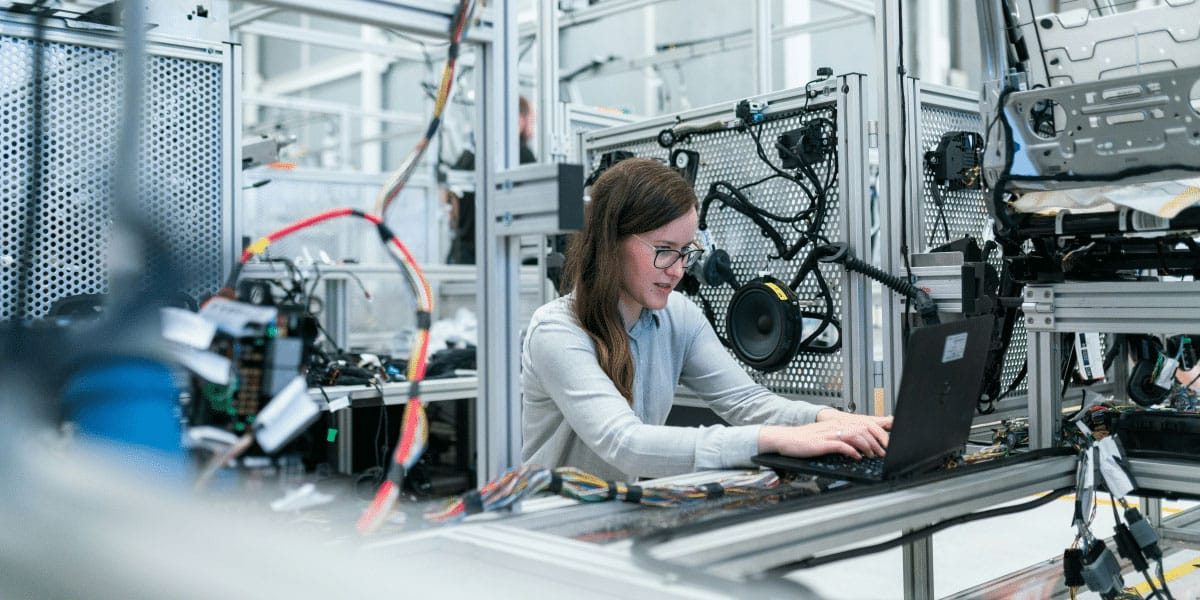By: John Glover (MBA)
Artificial intelligence (AI) has rapidly permeated various facets of daily life—from smartphones to smart homes—its adoption has skewed heavily towards entertainment and task optimization technologies such as Apple Vision Pro and the Humane AI pin. These technologies cater to the immediate gratifications of efficiency, creativity, and leisure, offering tangible enhancements to mundane tasks that resonate widely with consumer behaviors. Yet, as AI continues to evolve, its potential to profoundly transform human development is becoming increasingly apparent, albeit at a slower pace of adoption.
Dawa Tarchin Phillips, CEO of TAIWA, provides insight into why technologies aimed at deeper transformation might lag in adoption compared to their entertainment-oriented counterparts. “AI in entertainment and task optimization fits seamlessly into our existing routines, allowing us to enhance our daily activities without significant changes to our lifestyle,” Phillips explains. This integration caters to the average U.S. consumer, who spends approximately eight hours a day consuming various forms of media. In contrast, AI for human development, which encompasses more significant behavioral and cognitive transformations, demands a higher level of engagement and commitment from users, which can be a barrier to swift adoption.
Despite what some might consider to be challenges, us editors here at Texas Today think that there is substantial potential for AI to bridge cultural and communication gaps within our globalized organizations. We learned while interviewing Dawa that AI-driven platforms like TAIWA are designed to personalize professional development by adapting to the nuanced differences among individuals, such as cultural backgrounds and communication styles. For example, an AI coach developed for professional growth can accommodate an individual from Texas differently from one in Maine, recognizing and adapting to their distinct communication hurdles and problem-solving approaches.
A primary concern is ensuring that AI systems can effectively interpret and respond to the complex layers of human behavior and interpersonal dynamics. Phillips went on to emphasize the capability of their platform’s technology in contextualizing interactions within both individual and organizational frameworks, which is crucial for meaningful human development. This ability to navigate and adapt to various human factors is pivotal as more organizations integrate AI into their processes.
Indeed, we know that the use of generative AI is becoming commonplace in the workplace. One-third of all respondents in a survey indicated that their organizations regularly use generative AI in at least one function. This means that 60 percent of organizations that have adopted AI are utilizing generative AI, reflecting its growing influence across different sectors even outside of traditional tech.
As AI systems become more entrenched in professional development, their role in handling sensitive personal data will continue to outpace the laws and policies that govern them. With TAIWA, securing this data is a priority not just for compliance with regulatory standards but for forging a trust-based relationship with users. Phillips elaborated on the measures taken, “Human development initiatives involve sensitive data and private interactions that require stringent privacy and security measures. At TAIWA, we ensure that all data is encrypted and our AI systems meet, and often exceed, regulatory compliance.”
Phillips further highlights TAIWA’s commitment to ethical AI practices, “Beyond legal requirements, we are committed to an ethical and human-centric approach. Our AI adheres to major international professional coaching standards, ensuring that our tools respect the nuanced needs of our users.”
It will be interesting to see if other companies will follow suit, taking their cue from TAIWA’s advancements and their serious take on security and ethical concerns. As these AI technologies continue to evolve and become more integral to professional development, the industry’s commitment to robust security measures and ethical standards will play a critical role in shaping its success and acceptance.
Looking forward, Phillips believes that the broader tech industry must embrace a more targeted approach to support human development through AI. “We are approaching a critical tipping point on many fronts. AI and robotics are on our doorsteps now and we are facing economic, geopolitical, environmental and migratory challenges of larger proportions. One way to respond is to accelerate the rate of distraction and consumption to try to ignore this. Another approach is to start working on new and innovative technologies that can support small shifts in human development, enable human transformation at scale, and support people with the breakthroughs, insights and behavior changes they need to survive, be well and thrive in the emerging world we are heading towards,” he comments. The next five to ten years will likely see a surge in AI solutions tailored to these ends, promoting not only individual well-being but also the collective advancement of society.
We anticipate the emergence of more technologies specifically designed to support profound human changes, reflecting a strong commitment and focus on addressing the immediate and future needs of society. Moreover, the urgency of these developments encourages a more collaborative approach to problem-solving on a grand scale. The collective effort is crucial as it aligns with the need to support people in adapting to current realities and preparing for future challenges. With ongoing innovation and a steadfast commitment to ethical practices, AI holds the potential to significantly enrich the human experience.
Published by: Holy Minoza





